Amazon One Medical (formerly known simply as One Medical) announced the launch of its virtual healthcare service for children aged 2–11, available on a pay-per-visit basis. For now, the service will be offered exclusively in the United States.
Text-based consultations start at $29, while video visits are priced from $49 — and, importantly, no One Medical membership or health insurance is required. This makes the service particularly appealing to families with limited financial resources or those without insurance coverage. Until now, Amazon’s pay-per-visit model was available only to adults.
The service covers treatment for over ten common skin conditions (including eczema, insect bites, and contact dermatitis), as well as conjunctivitis, head lice, and prescription renewals for EpiPens and asthma medications. According to Natasha Bhuyan, MD, a family physician and Medical Director at One Medical, the program is not meant to replace traditional pediatric care, but rather to offer interim support “between visits,” when a child needs attention and an in-person appointment isn’t immediately available.
This move aligns with Amazon’s broader healthcare strategy, which began with the launch of Amazon Clinic in 2022. Beyond expanding its pay-per-visit services, Amazon also plans to introduce automated medication dispensers in its One Medical clinics, allowing patients to receive prescriptions directly after short consultations — minimizing delays in access to treatment.
Amazon’s growing healthcare initiatives highlight a major gap in the U.S. medical system — the need for more affordable and flexible options that can serve the millions of Americans lacking basic healthcare access.
However, there are growing concerns that traditional pharmacies may struggle to compete with Amazon’s scale and pricing power. As one of the wealthiest companies in the world, Amazon could potentially undercut competitors by offering significantly cheaper medical services and medications through One Medical. While this may seem beneficial in the short term, experts warn that it could lead to monopolistic control over a highly sensitive sector in the long run.

